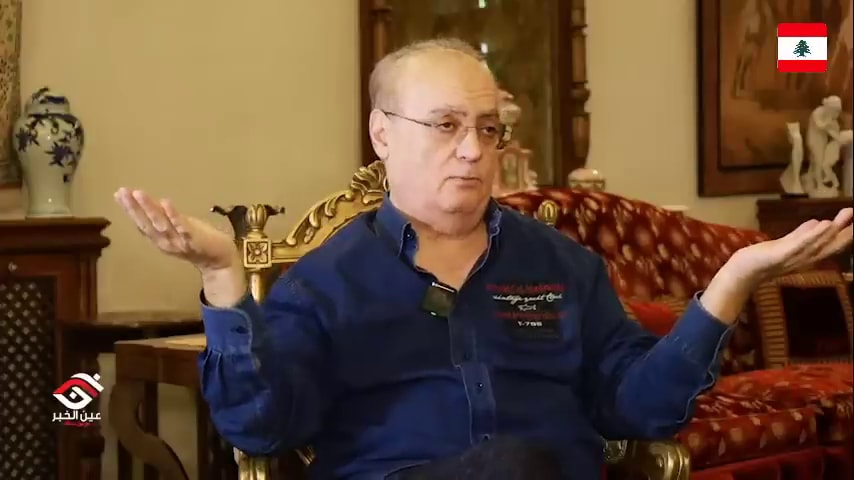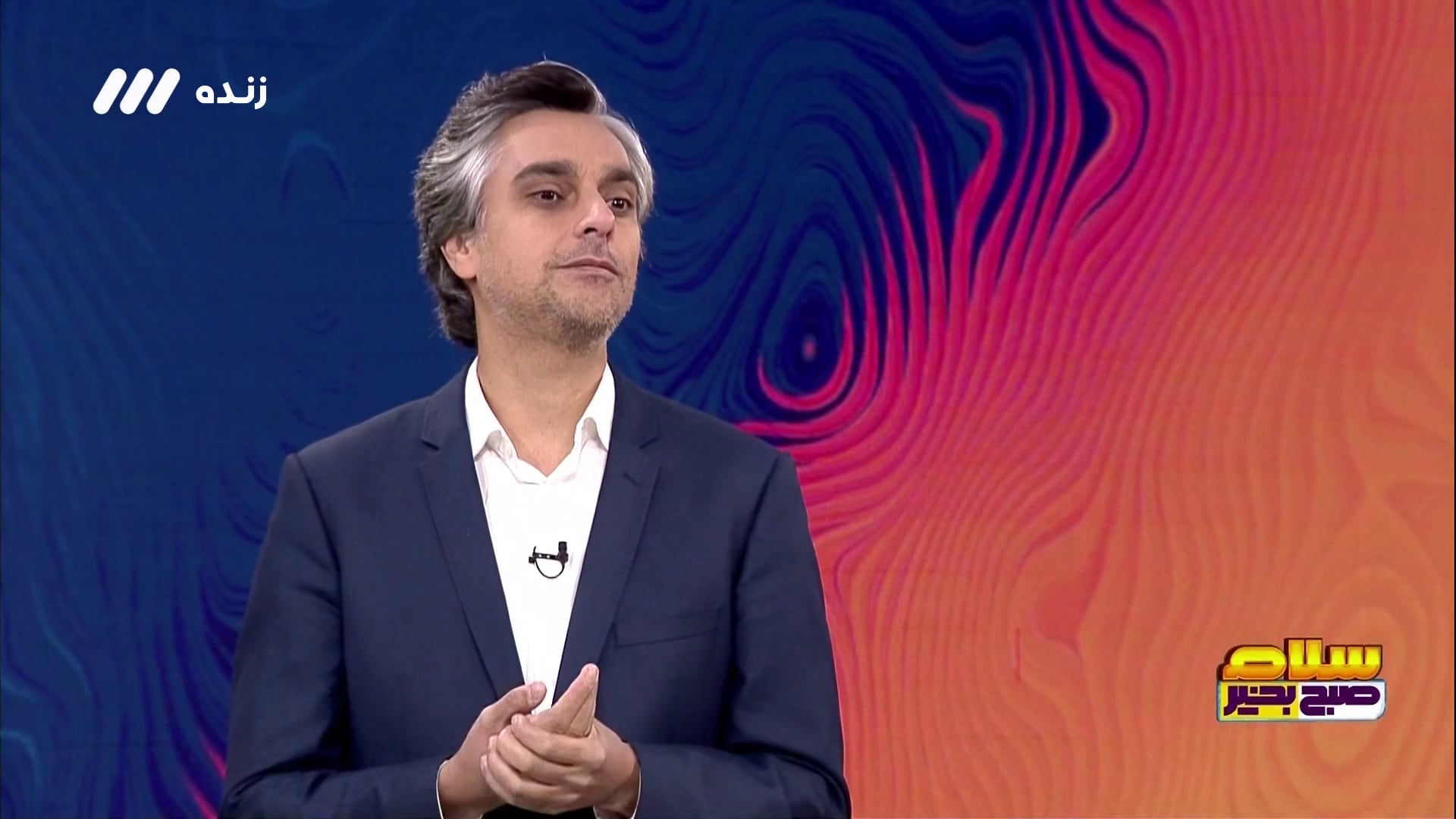
Following are excerpts from an interview with Asmaa Mahfouz, organizer of Egypt demonstrations, which aired on Al-Mihwar TV on January 31, 2011:
Interviewer: How did you come up with the idea, and what did you do?
Asmaa Mahfouz: I will restrict what I am saying to what happened before January 25. The January 25 demonstrations were initiated by the April 6 Youth Movement, based on the fact that we held activity last year on January 25, which is Police Day. That was the first year that there was an official holiday for the entire country on Police Day. Everybody began to wonder why we have Police Day. We remembered that in the past, the police suffered casualties, who fell in defense of the country. But in the current state of affairs, the police is oppressing the people. Anyone who does anything suffers torture. Anybody who utters a word of truth in this country is oppressed by the police. That was on January 25 last year.
This year, we added something new. Following the Alexandria terror attack, we saw that there was dereliction of security. The police oppress demonstrators under the pretext of protecting the country, but we have seen that there is no security. Every so often, there is a terror attack, and people are killed – in Upper Egypt, in Cairo, in Alexandria, and elsewhere.
[...]
At first, there were only two demands for January 25 this year: The first was to dismiss the interior minister, and to hold accountable all those responsible for the failure in security, and the second demand was to dissolve the parliament. These were the first two demands.
Following the attack in Alexandria, and later, the events in Tunisia, we felt – when talking to the people in the streets – a change of tone. Whenever we talked to the people and told them to express their views, they would say: "Who can we talk to? We will be thrown in prison and tortured." When they saw what happened in Tunisia, the people realized that there was an Arab people that revolted and demanded its rights.
Following these events, we began to tell people that we must take action, that we must revolt and demand our rights. People began to set fire to themselves, one after the other, and the response of the officials was that these people were mentally ill. The people's blood began to boil. So the third, and main, demand on January 25 became: "A life of liberty and human dignity."
The number of people setting fire to themselves gradually rose, and in response, people began to say, on the streets and in Facebook: "How come nobody is dong anything? Why aren't you taking action? Everybody says that something must be done, but the streets are empty."
Interviewer: These things were said on Facebook?
Asmaa Mahfouz: Yes, on Facebook and by communiqués on the streets.
Interviewer: But the first activity was on Facebook?
Asmaa Mahfouz: Yes. I was angry that everybody was saying that we had to take action, but nobody was doing anything. So I wrote on Facebook: "People, I am going to Tahrir Square today." This was a week before January 25. I work in Al-Ma'di, and it takes me half an hour by train. I wrote that I was going to demand the rights of the people who died, and the rights of my country. I wrote that I was 26 years old...
Interviewer: That's how you announced it?
Asmaa Mahfouz: Yes. I wrote that whoever is worried about this country should come with me, and that anyone who is worried about me or thinks that I am mentally ill should come in order to protect me. If anyone thinks I might set fire to myself – I have no such intentions. If the police wants to burn me – fine, I will be at Tahrir Square in half an hour.
There were lots of messages saying: Wait until January 25. I said: There is no reason to wait for the 25th. I went to Tahrir Square and raised a sign. Three guys from the political movement joined me. My sign read: "Four Egyptians have died from humiliation and poverty."
I began to shout at the top of my lungs in Tahrir Sqare: "Egyptians, four people set themselves on fire out of humiliation and poverty. Egyptians, four people set fire to themselves because they were afraid of the security agencies, not of the fire. Four people set fire to themselves in order to tell you to awaken – we are setting ourselves on fire so that you will take action. Four people set themselves on fire in order to say to the regime: Wake up. We are fed up. We are setting ourselves on fire in order to convey a message."
Then I began to talk about thirty years of corruption.
Interviewer: In Tahrir Square?
Asmaa Mahfouz: Yes. People began to gather to listen, and filmed me with their cell phones. All of a sudden, I saw four vehicles of the Central Security Agency arriving, and the square was suddenly filled with hundreds of agents and officers, most of whose faces were familiar from the demonstrations. They tried to push us into the entrance of a building. People began to shout: Leave them alone, leave them alone.
When they got us into the building entrance, the officers began to say: We are as fed up as you, but why didn't you inform us of your demonstration? I said: What are you talking about? Four people set themselves on fire, and you are asking why we didn't announce the demonstrations? You should be asking yourselves why they set themselves on fire. Because of the poverty and the corruption. One of them couldn't feed his daughter. Yet you still continue this oppression. I am not going to remain silent. If you want to set me on fire – go ahead. I am not budging from Tahrir Square.
[...]

















